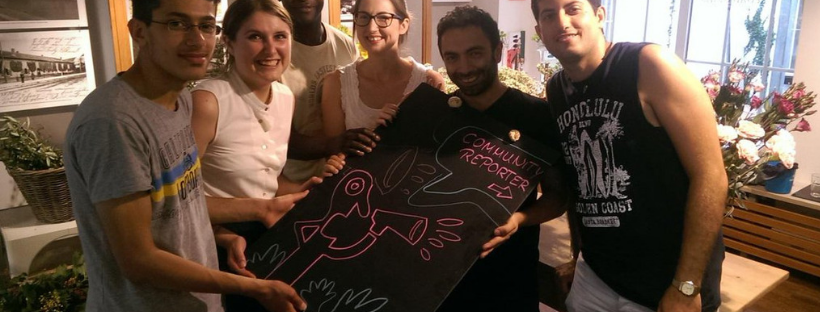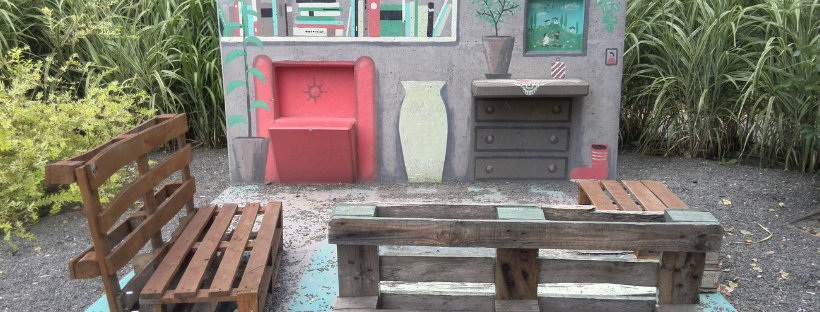PLACES GOING FAST – BOOK YOUR TICKET NOW!

We’ve been made-up with the response to our Co-creating (public) services with stories of lived experience symposium. The symposium is part of the first annual Institute of Community Reporters conference running in June 2019, and this specific event will bring together people from across Europe within and outside our network to explore and discuss the power of stories.
As part of this thought-provoking and participatory 1-Day Symposium, you will:
- Listen to a case study on how the Making It Real framework has used insight storytelling, and get involved in a practical storytelling activity delivered by Community Reporters from TLAP and the National Co-production Advisory Group (NCAG).
- Take part in an interactive story curation session led by the Our Voices project and AQuA who have been piloting the methodology in their work.
- Get involved in a workshop exploring how Conversation of Change events can be used to co-design policy recommendations run by the VOICITYS partnership
The symposium will conclude with a collaborative keynote led by the CoSIE consortium in which quick-fire, inspiring and provocative talks on co-creation in public services will be delivered by people who access public services, practitioners and academics. You will be invited to get involved in this discussion and share your thoughts on co-creation approaches.
If you’d like to be a part of the dialogue, book your ticket here before they go!



